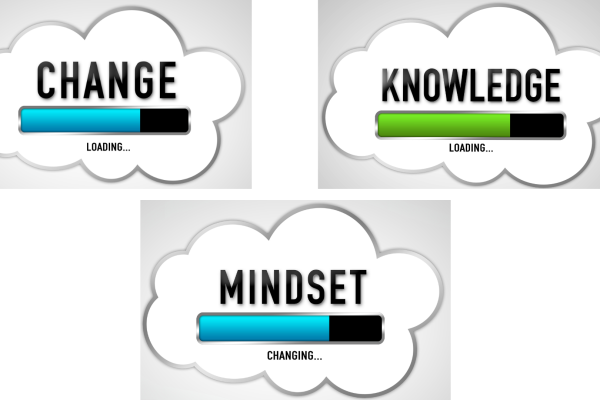Comments (0)
#OpenToWork: Ideas to Enhance Job Search Success
According to the Bureau of Statistics (BLS), the U.S. economy added 353,000 jobs in January 2024. That sounds fabulous. However, if you are out there looking for a new job, those numbers may just feel like theoretical talking points. There are thousands of people out there #opentowork, hoping to land that next role that will make their heart sing. If that is you, I want to share some ideas to support your current search.
Expand Your Target Company List
What company do you want to work for? Having a target company list brings focus to your job search. It enables you to intentionally research the company so you can decide if it is actually a place where you want to work. You can:
– Assess what is being broadcast by the organization, by its employees via companies like Glassdoor or Blind, and by the media, via traditional news outlets or via socials.
– Discern what a company’s values are, what its pain points are and what its priorities are today and into the future.
– Sign up for alerts to keep abreast of announcements.
– Identify people in your network who either work for the company or who know someone who does, then connect and schedule informational interviews to get “the tea.”
You may have companies on your list in industries that you have worked in the past or want to move into in the future. Many of those companies may be big names on the S&P 500 or other indexes. Makes sense. Those companies are easy to identify. And some of them are shedding jobs, not adding them right now. It is important to be creative about which companies make it to your list. It is low hanging fruit to start with the big organizations that everyone knows. Go deeper. Expand what is possible. What other companies are out there doing similar work that are small to mid-tier in size and scope? They may be operating in a niche within that industry or serving a particular region. It may require more work. Do some homework and see what you come up with.
Rank What Is Important to You
What are your priorities when it comes to selecting the best fit job? Do you care more about what you are doing or where you are doing it? I imagine the answer is “both.” There are a host of tangible and intangible benefits that you want to receive in the workplace that may be important to you. With respect to tangible benefits, that refers to compensation, benefits and flexibility, i.e., remote, in-person or hybrid work. Everything else can be lumped into intangible benefits, i.e., doing meaningful work, access to learning and development opportunities, and feeling connected to colleagues and a sense of belonging.

While all of those things may be important to you, it will help you in the short and long-term to list and rank order each benefit. You can:
– Design criteria for each benefit to clarify what your target and minimum needs are for each component.
– Craft questions relevant to each component so that you can probe into that information during informationals and evaluate the responses that you receive.
– Look for evidence in your research to see if there is information that aligns with what you are looking for or not.
This helps you have a more robust way to evaluate your opportunities to mitigate ending up in a role or work environment that is soul crushing.
Overall, ideally, when you get that job offer, you are in a better position to negotiate the offer when you have this clarity. Most times, you will not get 100% of what you want. That’s life. However, you go into the process confidently with eyes wide open knowing your “must-haves” versus “nice-to-haves”.
Know Your Strengths
What makes you great at your work? What knowledge, skill and abilities enable you to do great work? What evidence do you have to support that? What tasks actually energize you? Being able to articulate the answers to these questions is fundamental when searching for a new role. There are so many tasks that we perform at work on any given day, it is easy to lose track. And many folks receive more thoughtful, informed feedback on the things that they do not do well rather than on the things that they knock out of the park. Regarding the latter, you may hear “you did great!” without really getting clarity about what “great” actually means.
Sit down and do an inventory. Ask others to share their insights and evidence to enhance what’s in your inventory. Analyzing that the tasks that you do often that may contribute to being great at your work may not be the tasks that energize you. You will likely continue to need to keep flexing both skills and being aware of those distinctions can carry you far when thinking about how you would align that with future work. Additionally, this exercise may help you evaluate other industries where you can apply your skills, which can expand your target company list.
Final Thoughts
The above tips have had positive results for my clients over the years. Each idea presented requires pre-work on your part. I always say that confidence equals preparation plus practice. With the aforementioned approach, you are starting with the end in mind. Better to invest the time on the front end to increase the likelihood that you land where you want to be rather than be disappointed on the back end. And, as a reminder, there is not one right way.




LEAVE A REPLY
Your email address will not be published. Required fields are marked *